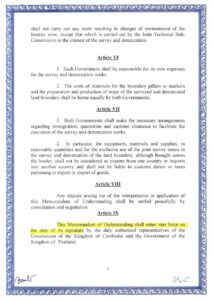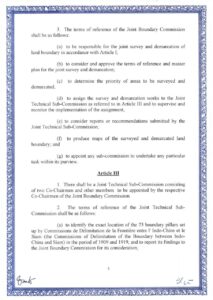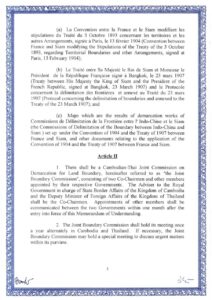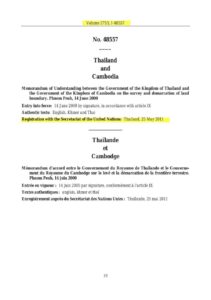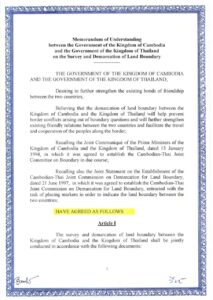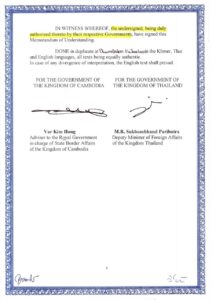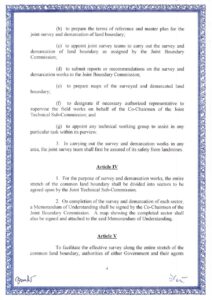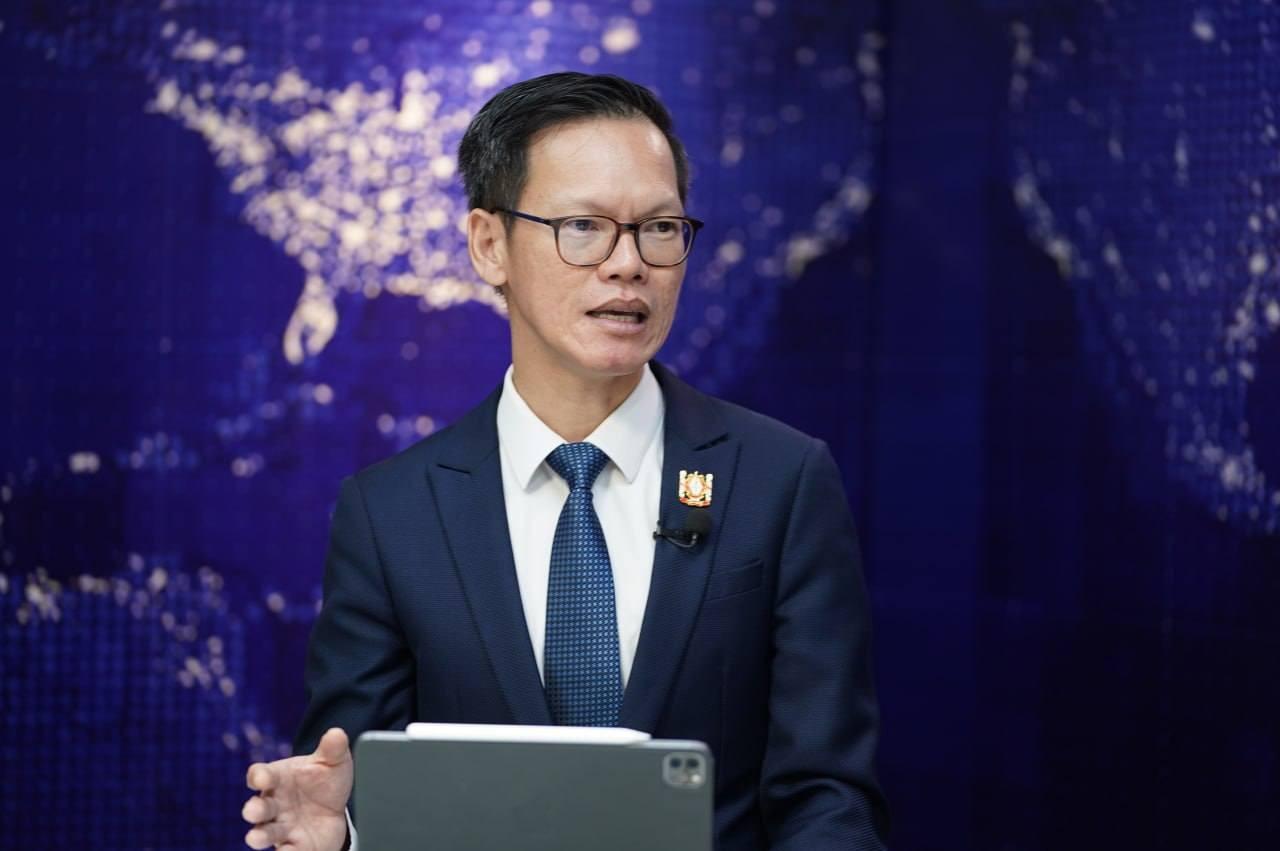MOJ’s spokeperson outlines two key reasons why Thailand cannot unilaterally abolish the 2000 MoU
Phnom Penh, September 30, 2025 – Secretary of state and spokesman of the Ministry of Justice, H.E. Seng Dyna, affirmed today that Thailand cannot unilaterally annul the MOU 2000 on border affairs signed between Cambodia and Thailand.
His remarks came in response to Thai media reports citing Prime Minister of Thailand, who suggested the possibility of holding a nationwide referendum to decide on the abolition of two MOUs signed with Cambodia more than 20 years ago.
H.E. Seng Dyna explained that Cambodia strongly rejects such a unilateral approach, pointing to two fundamental reasons:
1. The MOU 2000 is an international agreement of treaty value. Although named an MOU, the 2000 agreement is legally recognized as an international treaty, registered with the United Nations and officially published in accordance with Article 102 of the UN Charter. Under customary international law on treaties and the jurisprudence of the International Court of Justice (ICJ)—notably in the 2017 Somalia v. Kenya case—any written international agreement signed between states creates binding legal obligations under international law, regardless of the terminology used by the parties.
2. The MOU 2000 has no expiration date and contains no clause allowing unilateral termination.
The agreement remains valid until its objective—the complete measurement and demarcation of the land boundary between Cambodia and Thailand—is fully achieved. Therefore, no party has the legal right to terminate the MOU without the consent of the other.
H.E. Seng Dyna concluded that the 2000 MoU remains fully in force and binding on both Cambodia and Thailand, and stressed that any attempt by one side to unilaterally withdraw would constitute a violation of international law.
